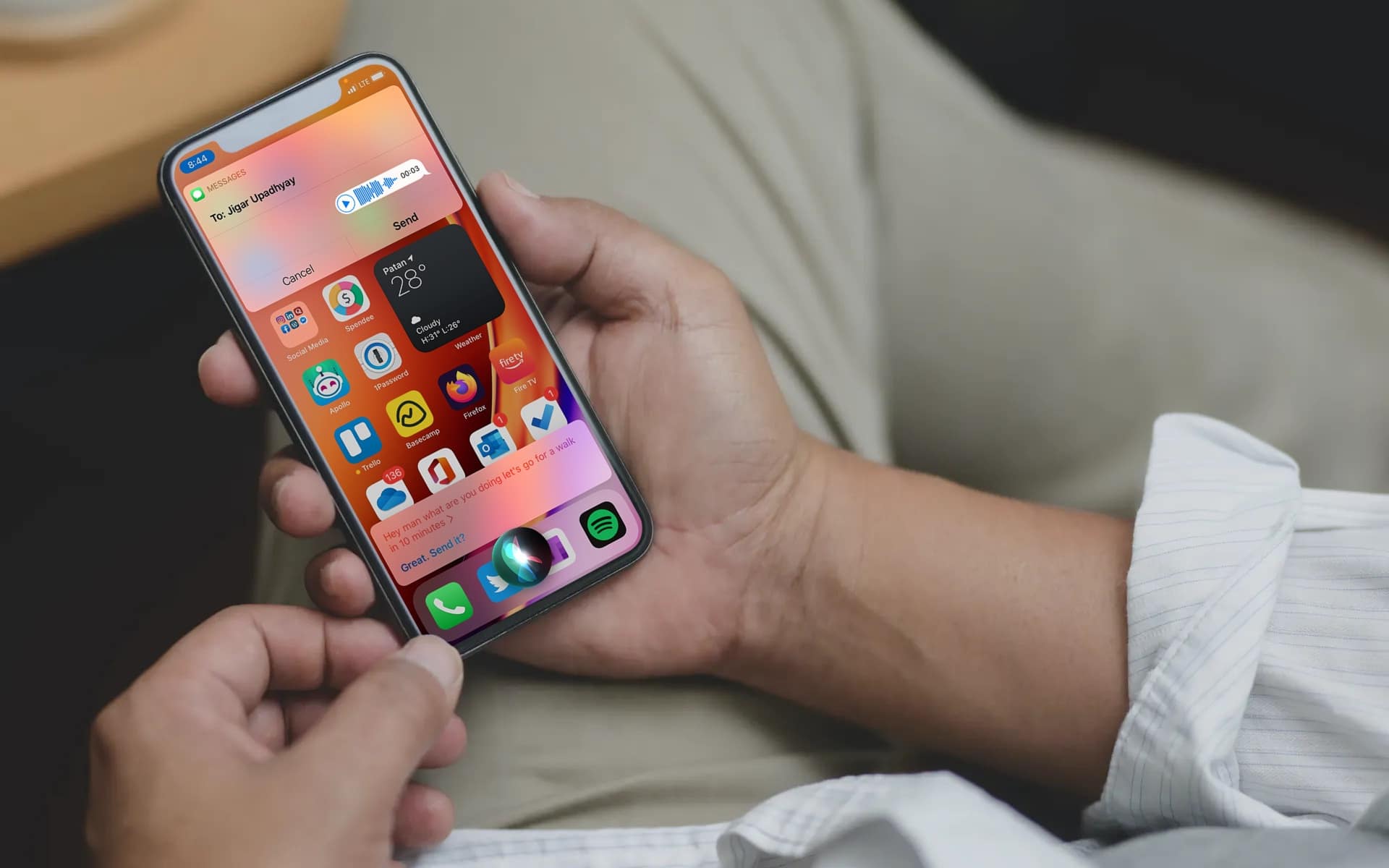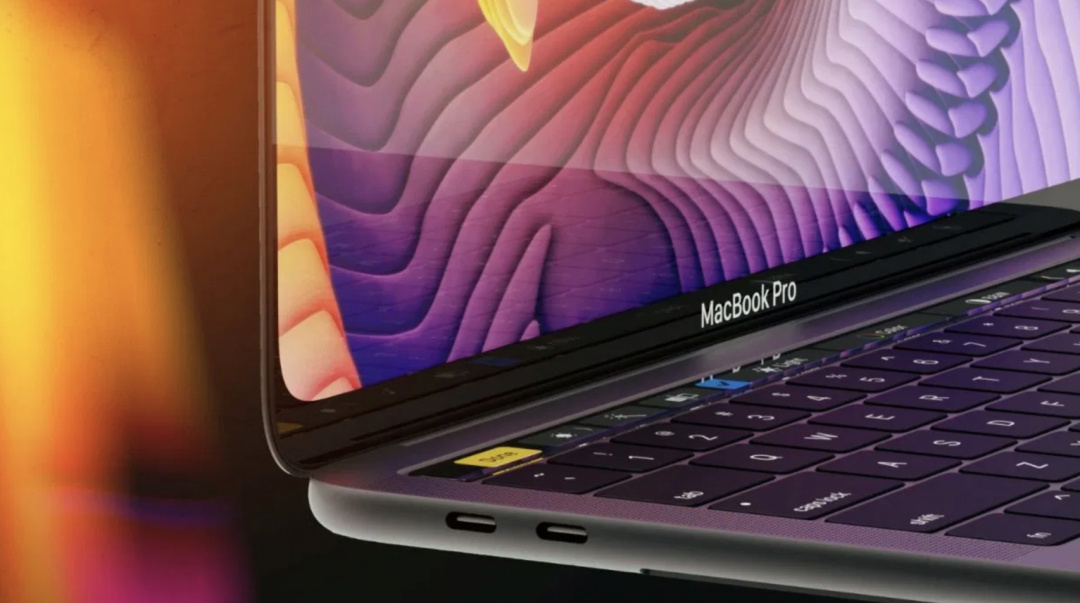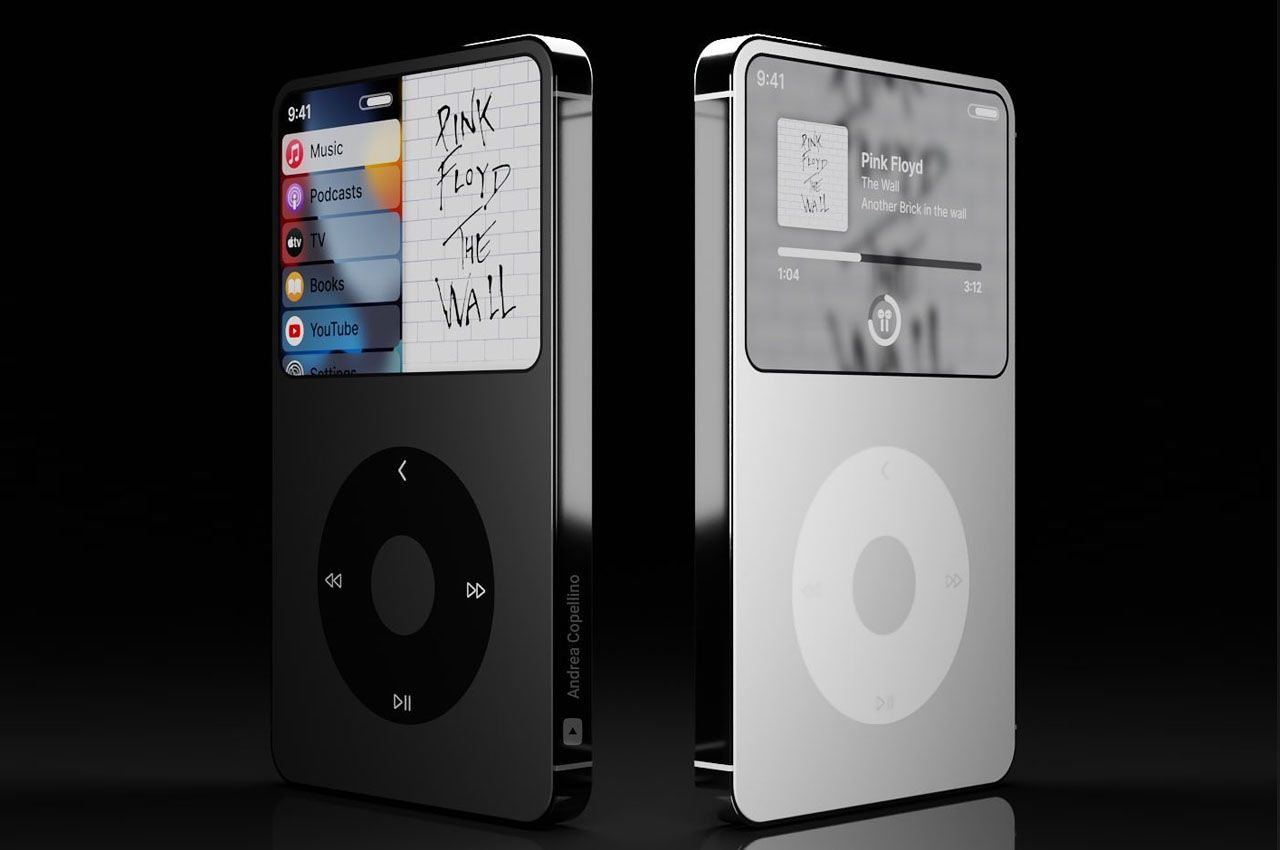In 2017, Apple was caught in a whirlpool of “speed reduction” and finally settled with users in compensation of hundreds of millions of dollars.
After a lapse of more than three years, Apple’s iPhone has experienced performance degradation.
In May, Apple pushed the official version of iOS 14.5.1.
As more and more Apple users upgrade to the latest version of iOS, some widespread system vulnerabilities have also been discovered one by one.
Such as freezes, dropped frames, body heat, etc.
Some users reported on the Internet that Apple iPhone 12 Pro Max experienced serious performance degradation after upgrading to the official version of iOS 14.5.1.
In addition, the Apple user also said that serious frame drop occurred when playing mobile games with the phone.
However, when he returned the system to the previous version, the performance degradation problem was finally solved.
Finally, he reminded netizens who have not yet upgraded the official version of iOS 14.5.1 not to upgrade the system in a hurry.
I also remind everyone that Apple closed the verification channel for the iOS 14.5 system in the early morning of May 11. Users who have already upgraded to iOS 14.5.1 can no longer return to the previous version.
Many Apple users around the world have reported the same problem.
YouTube anchor Nick Ackerman shows through actual measurement that the performance of iPhone 11 and iPhone 12 after being updated to the latest version of the system is not as good as the iPhone XR released many years ago.
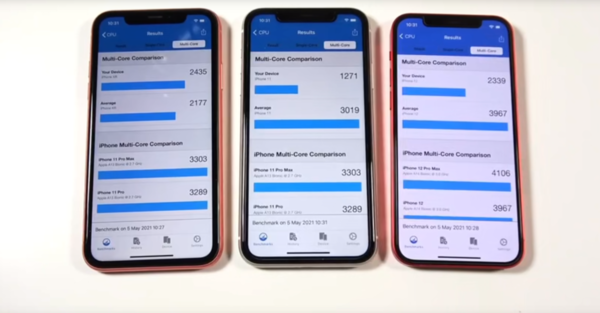
Some developers stated that after repeated tests, they confirmed that Apple imposed CPU restrictions on the iPhone 11 and iPhone 12 series in the iOS 14.5.1 system, which caused their running speed to slow down, even inferior to the iPhone XR.
Apple used to secretly use software upgrades to slow down the running speed of old phones on the grounds of extending the battery life of mobile phones. Therefore, it is not new for the Apple brand that the performance decline is not as good as that of the old devices.
So, what is the reason for this performance drop? The author has the following two guesses:
1. The weather is warming up, the official frequency is reduced to avoid overheating the body
Apple’s A-series processors are the best in performance, but unfortunately, the iPhone itself does not use a more advanced cooling system.
This makes it difficult for Apple mobile phones to maintain peak performance for a long time.
Because after the mobile phone is overheated, the A-series processors will automatically take frequency reduction measures to reduce the chip performance and prevent the temperature from becoming too high.
Now, as the northern hemisphere market gradually enters the summer, the weather starts to heat up, and iPhone 11 and iPhone 12 with dual motherboard designs are prone to overheating.
Especially after the iPhone 12 series is equipped with a 5G module, it is more prone to heat.
Therefore, considering that overheating of the fuselage may cause product stability risks, Apple may use software upgrades to deliberately reduce processor performance.
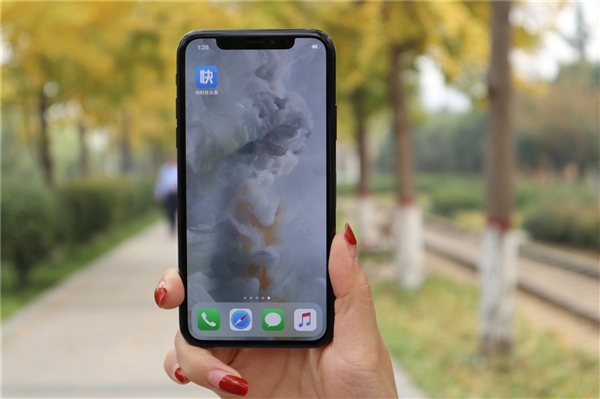
2. New “BUG” caused by fixing security vulnerabilities
According to the security update announcement page published on Apple’s official website, Apple released several security updates on May 3.
Covers multiple devices such as macOS, iOS, iPadOS and watchOS, and even iOS12, which has been stopped for a long time, has also updated the security patch.
This is an unusual update plan in Apple’s history.
It is understood that the official version of iOS 14.5 was pushed on April 26, but only a week later, Apple pushed the official version of iOS 14.5.1.
It fixes the bug that there is no prompt after APP tracking transparency is re-enabled, and fixes serious security issues related to WebKit.
Such a short update interval may mean that Apple is rushing to fix the vulnerability, resulting in a new “BUG” of performance degradation.
Apple’s “speed reduction” has already occurred once in 2017. Some consumers believed that Apple had used lowering the operating speed of old phones to induce users to buy new phones, and initiated a class action lawsuit.
In the end, Apple reached a settlement with American consumers with a compensation of up to 500 million US dollars.
As far as the current situation is concerned, this performance degradation event mainly occurred on the iPhone 11 and iPhone 12 series phones, and the old iPhone did not show any significant performance degradation.
If Apple deliberately reduces the performance of the mobile phone for the purpose of inducing users to buy a new mobile phone.
Then the best target should be those old iPhone users who have reached the cell phone replacement cycle, such as iPhone7 or iPhone8.

